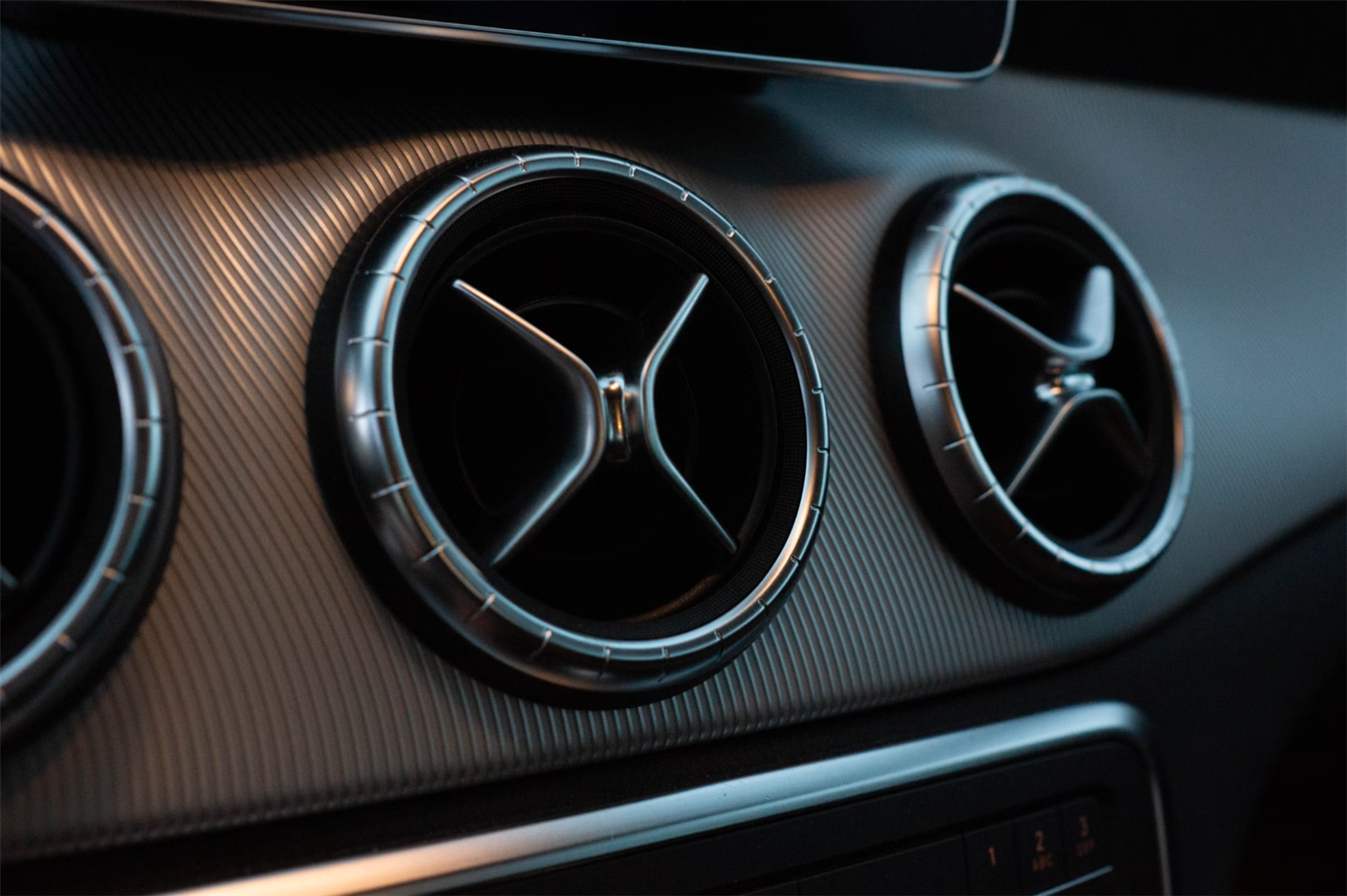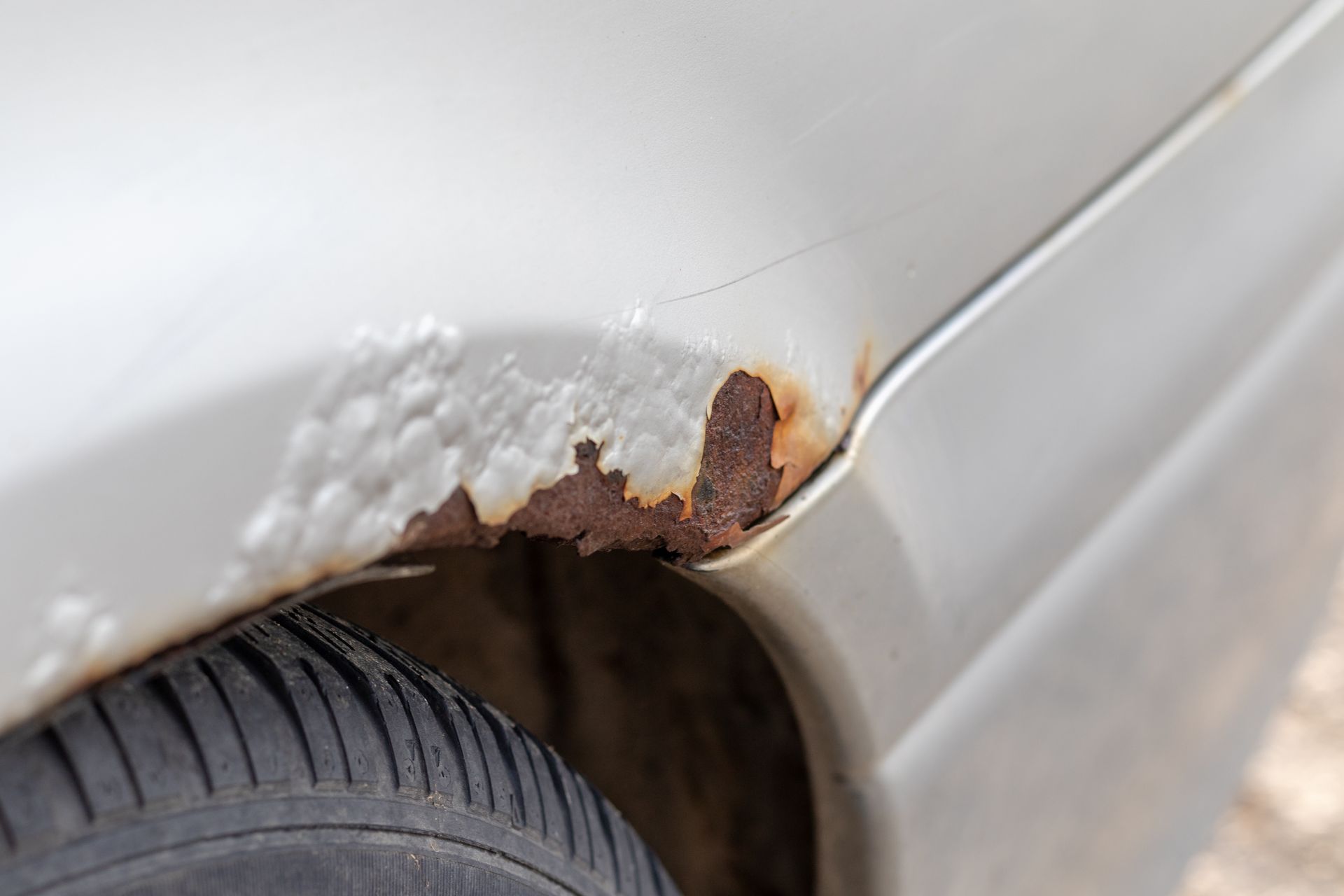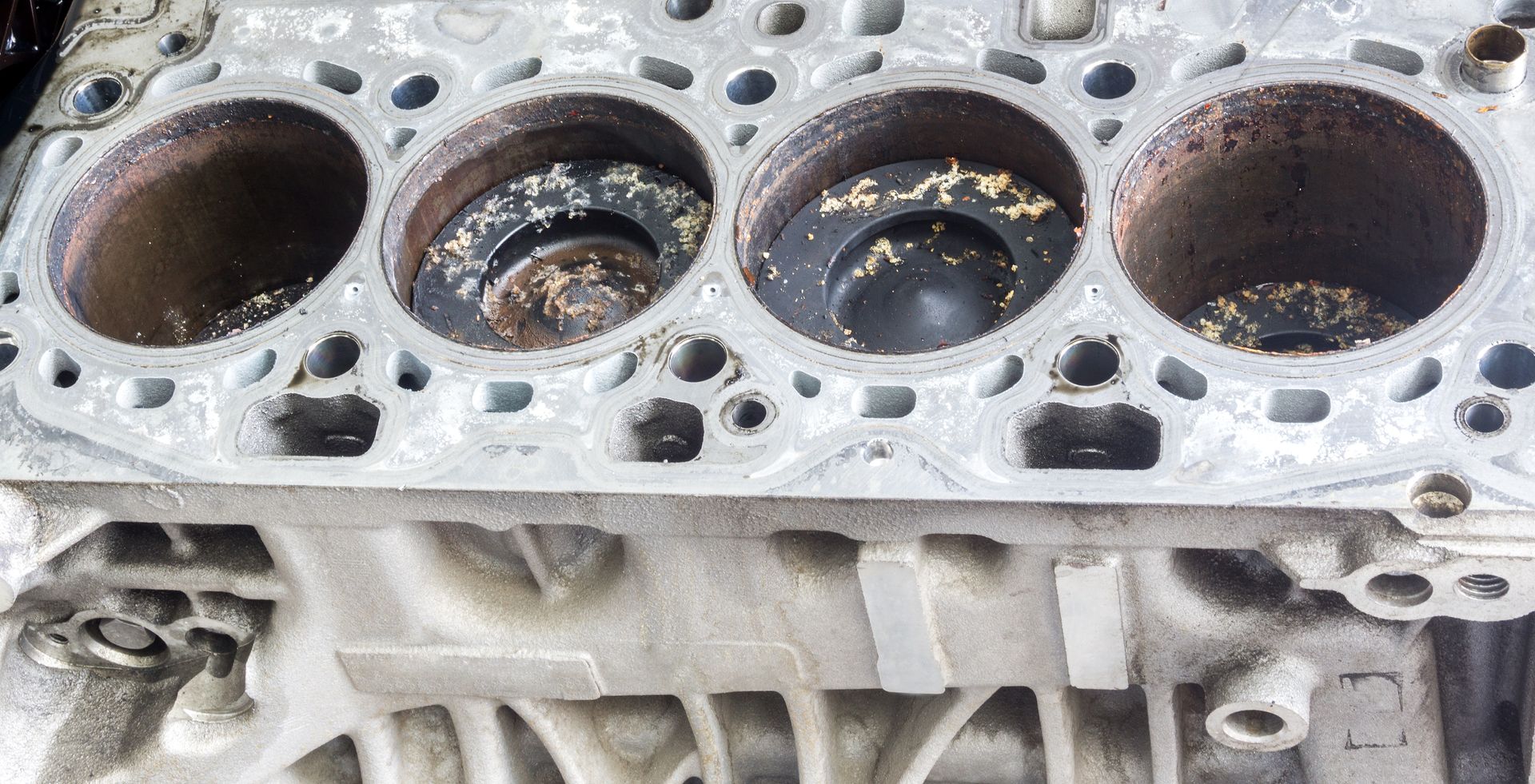Formerly LK's Auto | Under New Management
LK's Auto is now Complete Auto Repair!
We are under new management and a one-stop auto repair shop offering the same exceptional level of service you can trust.
Loading ...
Missing business hours data / Error occurred while getting the data.
Formerly LK's Auto | Under New Management
LK's Auto is now Complete Auto Repair!
We are under new management and a one-stop auto repair shop offering the same exceptional level of service you can trust.
Loading ...
Missing business hours data / Error occurred while getting the data.
How Do Hybrid Cars Work, and Are They Right for Me?
January 31, 2025
Hybrid cars have become increasingly popular in recent years thanks to their promise of fuel efficiency, lower emissions, and innovative technology. But how exactly do they work, and more importantly, is a hybrid vehicle the right choice for your lifestyle? Understanding the basics of hybrid technology and evaluating its benefits can help you decide if this modern solution aligns with your needs.
What Makes a Hybrid Car Different
Hybrid cars combine two power sources to operate: a traditional internal combustion engine and an electric motor powered by a battery. These two systems work together to deliver optimal performance and efficiency, depending on driving conditions. Unlike fully electric vehicles, hybrids don't rely solely on battery power, making them versatile for long trips or areas where charging stations are scarce.
The electric motor assists the engine during acceleration, powers the car at low speeds, and recaptures energy during braking (a process called regenerative braking). This energy is then stored in the battery for future use. By alternating between these power sources, hybrids achieve better fuel efficiency and produce fewer emissions compared to traditional gas-powered vehicles.
Types of Hybrid Systems
There are several types of hybrid systems, each offering unique advantages depending on your driving habits and priorities:
Full Hybrids
These vehicles, such as the Toyota Prius, can run on either the gas engine, the electric motor, or a combination of both. Full hybrids are ideal for city driving, where stop-and-go traffic maximizes the use of the electric motor.
Mild Hybrids
Mild hybrids use the electric motor to assist the gas engine but can't operate solely on electricity. These vehicles are slightly less fuel-efficient than full hybrids but are often more affordable.
Plug-In Hybrids (PHEVs)
Plug-in hybrids feature a larger battery that can be recharged by plugging into an external power source. They offer extended all-electric driving ranges and are perfect for short commutes while still providing a gas engine for longer trips.
Benefits of Driving a Hybrid Car
Hybrid vehicles offer a range of benefits that appeal to eco-conscious and cost-savvy drivers alike.
One of the most significant advantages is improved fuel efficiency. By relying on an electric motor during low-speed or stop-and-go conditions, hybrids consume less fuel, saving you money at the pump. Over time, these savings can add up, especially if you do a lot of city driving.
Reduced emissions are another major draw. Hybrid cars produce fewer greenhouse gases and pollutants, making them a greener option for those looking to minimize their environmental impact.
Many hybrid vehicles qualify for government incentives and tax credits, which can help offset the higher upfront cost. For example, plug-in hybrids often come with rebates for their electric capabilities.
Hybrid technology tends to extend the lifespan of certain components, such as brakes, due to regenerative braking systems. This can lead to reduced maintenance costs over time.
Are Hybrids Right for Your Lifestyle
Deciding whether a hybrid car is right for you depends on several factors, including your driving habits, budget, and priorities.
If you commute within city limits or frequently encounter stop-and-go traffic, a hybrid is an excellent choice. The electric motor’s efficiency shines in these conditions, reducing both fuel consumption and emissions.
On the other hand, if you primarily drive long distances on highways, a traditional gas engine or a plug-in hybrid may better suit your needs. Highway speeds rely more on the gas engine, which can reduce the fuel efficiency benefits of a full hybrid.
Budget is another consideration. While hybrids often have a higher upfront cost, the long-term savings in fuel and maintenance can make them a smart financial choice. Additionally, local incentives in areas like Bremerton, WA, can help make the initial purchase more affordable.
What to Know About Hybrid Maintenance
Maintaining a hybrid vehicle is similar to maintaining a traditional gas-powered car, but there are a few differences. Hybrids rely on advanced battery systems and regenerative braking, which require specialized knowledge and equipment to service.
It's essential to choose a repair shop that understands hybrid technology. Trained technicians can accurately diagnose and address any issues, whether it’s routine maintenance or battery-related concerns. Regular inspections, timely oil changes, and software updates will ensure your hybrid runs efficiently for years to come.
Ensure your hybrid is performing at its best. Contact
Complete Auto Repair in Bremerton, WA, for specialized care tailored to hybrid vehicles. Book your appointment now and experience top-notch service!



Loading ...
Missing business hours data / Error occurred while getting the data.
Having Trouble
Finding Us?
Serving:
Loading ...
Missing nap lines data / Error occured while getting the data.







